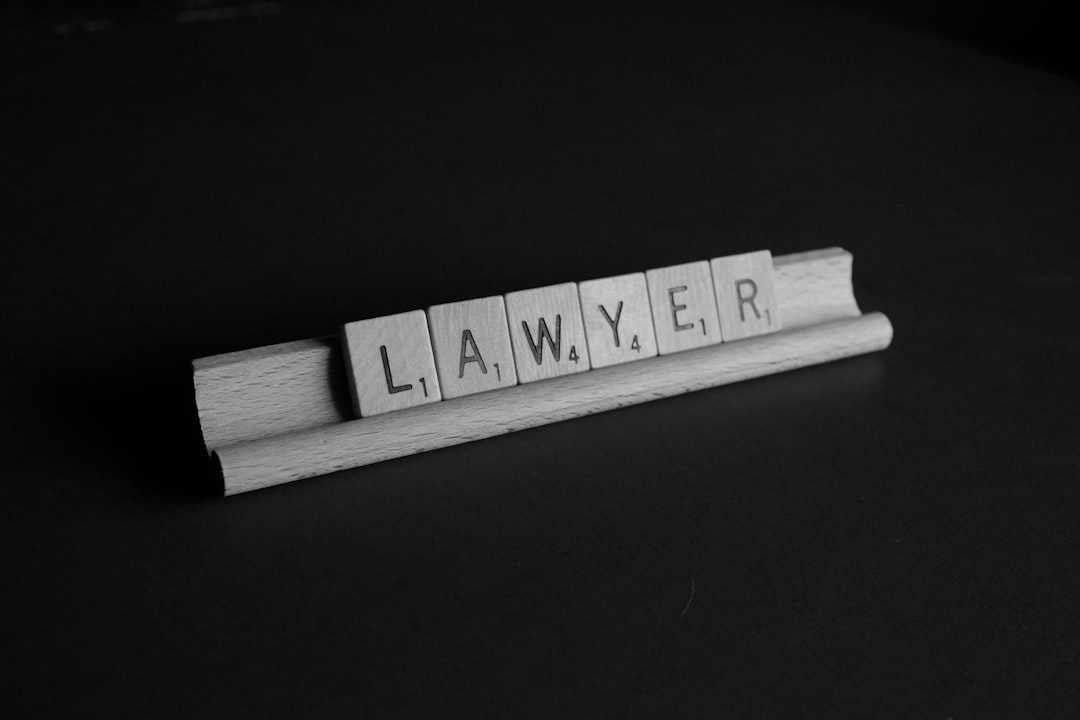Educators in Charleston, Mississippi, play a critical role in identifying and reporting child abuse through mandatory reporting laws. They collaborate with local authorities and child abuse attorneys Mississippi to receive specialized training on recognizing red flags and responding effectively. Continuous learning through workshops and webinars ensures educators stay updated on legal protocols and best practices for student safety.
“In Charleston, Mississippi, educators play a pivotal role in identifying and preventing child abuse. This comprehensive guide explores effective training strategies for educators, delving into crucial aspects like understanding the state’s legal framework regarding child abuse. By recognizing red flags and implementing best practices, educators can become powerful allies in protecting vulnerable children. We’ll discuss innovative training methods, emphasize collaboration with local authorities and support services, and highlight resources that keep Mississippi’s child abuse attorneys informed about the latest developments.”
Understanding Child Abuse in Mississippi: Legal Framework

In Charleston, Mississippi, understanding child abuse is paramount for educators. Mississippi law defines child abuse as any act or failure to act which causes or allows a child to be harmed, including physical, sexual, or emotional abuse; neglect; or any condition that endangers a child’s health or welfare. Child abuse attorneys in Mississippi play a crucial role in interpreting and enforcing these laws, ensuring that educators are equipped with the knowledge to recognize and report potential cases.
The legal framework surrounding child abuse in Mississippi provides clear guidelines for prevention, intervention, and reporting. Educators are mandated reporters, meaning they must report suspected instances of child abuse or neglect to relevant authorities. Failure to do so can result in legal consequences. Staying informed about these laws is essential for educators in Charleston to fulfill their duties responsibly and protect the well-being of the children in their care.
The Role of Educators: Recognizing Red Flags

Educators play a pivotal role in recognizing and preventing child abuse, making them an essential component of any safety net. In Charleston, Mississippi, where dedicated child abuse attorneys advocate for victims’ rights, it’s crucial that educators are equipped to identify potential red flags. These signs can range from physical indicators like unexplained injuries or bruises to behavioral changes such as sudden withdrawal from activities or consistent storytelling discrepancies.
By attending comprehensive training sessions, educators gain the necessary skills to approach these situations sensitively and professionally. Such training enables them to report suspected abuse effectively while maintaining a supportive environment for the child’s disclosure. Child abuse attorneys in Mississippi emphasize the importance of proactive measures, ensuring that educators are not just observers but active participants in safeguarding the well-being of their students.
Training Methods: Effective Educational Strategies

Training educators about child abuse requires innovative and engaging strategies to ensure the information resonates with participants. Interactive workshops, case studies, and role-playing scenarios are effective methods to foster a deep understanding of abuse indicators and appropriate response protocols. These hands-on approaches allow educators to practice identifying red flags and discussing sensitive topics, enhancing their confidence in handling potential cases.
Additionally, incorporating real-life stories shared by child abuse attorneys Mississippi can provide valuable insights into the legal aspects and emotional complexities of such cases. This not only educates educators about the legal system but also humanizes the issue, encouraging empathy and proactive reporting. Visual aids, videos, and guest speakers can further enrich the training experience, making it dynamic and memorable.
Collaborating with Local Authorities and Support Services

In Charleston, Mississippi, educators play a vital role in identifying and reporting potential child abuse. To effectively train them, it’s crucial to collaborate with local authorities and support services, such as child protective services (CPS) and law enforcement agencies. These partnerships ensure that educators have access to up-to-date information on state laws and protocols for reporting abuse, enhancing their ability to protect students.
Working alongside child abuse attorneys in Mississippi can also provide valuable insights into legal protections and the best practices for navigating sensitive cases. This collaboration not only strengthens the local response to child abuse but also fosters a culture of safety and support within schools, empowering educators to make informed decisions when encountering potential abuse situations.
Continuous Learning: Resources and Best Practices Update

In the ongoing quest to combat child abuse, continuous learning for educators is paramount. Charleston, Mississippi, like many communities, faces unique challenges that necessitate a dynamic approach to training. Educators should be equipped with the latest resources and best practices, keeping them informed about emerging trends in child protection. Regular workshops, webinars, and training sessions led by experts, including prominent child abuse attorneys from Mississippi, can provide invaluable insights into legal updates, new research, and effective intervention strategies.
These educational opportunities enable educators to stay current with evolving laws and policies related to child welfare. Moreover, they foster a culture of awareness and preparedness among teaching professionals, who are often the first line of defense in identifying and reporting potential abuse cases. By integrating these continuous learning initiatives into their professional development plans, schools in Charleston can ensure that educators are well-equipped to handle sensitive situations with sensitivity and expertise, thereby enhancing the safety and well-being of all students.






